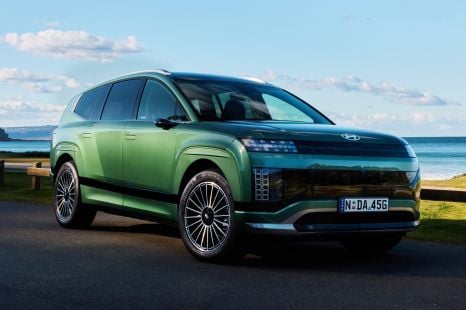

Josh Nevett
2025 Hyundai Ioniq 9 review
4 Days Ago

News Editor
Tesla is reportedly the subject of a criminal investigation in the United States as its driver assist technology – and the claims it has made about it – are put under a microscope.
Reuters reports word from three people familiar with the matter that the U.S. Department of Justice (DOJ) launched the probe last year following more than a dozen crashes where Tesla’s Autopilot system was active.
Some of these crashes were fatal.
Prosecutors in Washington D.C. and San Francisco are reportedly examining whether Tesla misled consumers, investors, and regulators by making unsupported claims about the capability of its driver assist technology.
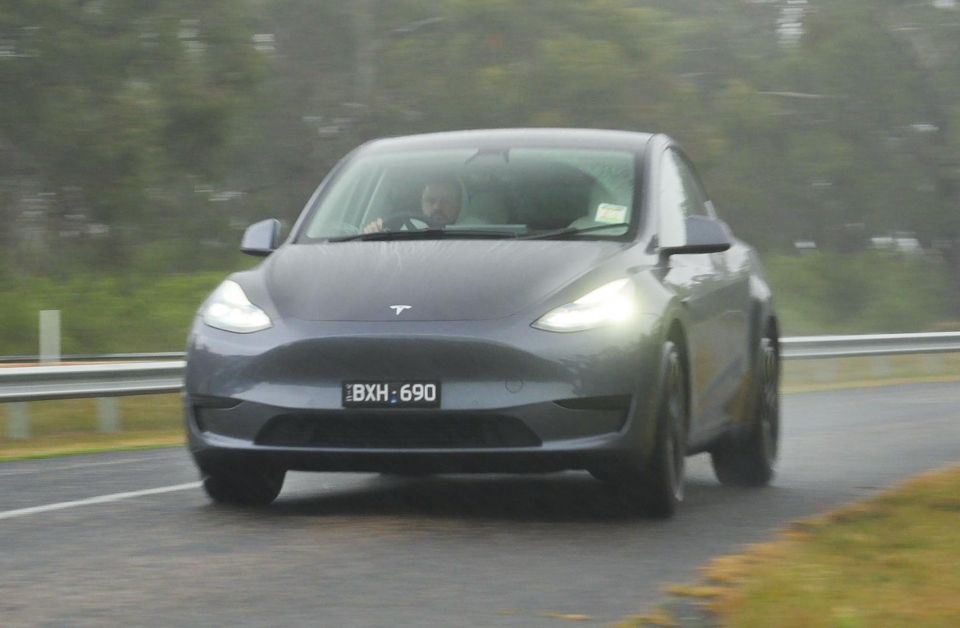
This probe represents a more serious level of scrutiny than previous probes as it could lead to criminal charges against the company or individual executives, the sources said.
The DOJ could also seek civil sanctions.
The Autopilot probe is currently competing with two other DOJ investigations involving Tesla, one source told Reuters, adding there’s still a great deal of work to do and no decision is imminent.
Autopilot is considered a Level 2 autonomous driving feature, as is the Full Self-Driving beta – despite what its name would appear to imply.
MORE: How autonomous is my car? Levels of self-driving explained
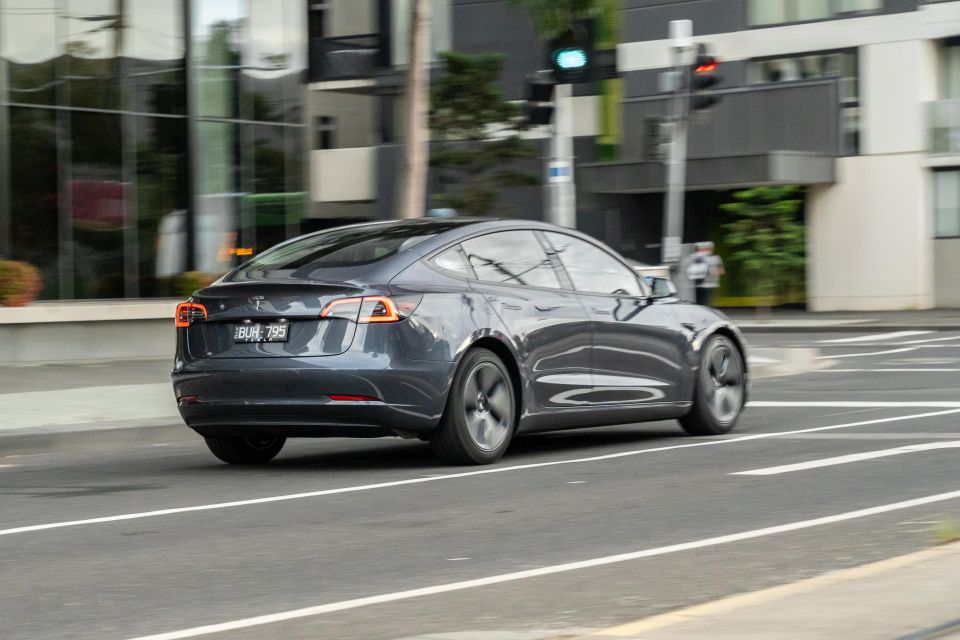
Level 2 technology requires the driver to pay attention at all times even if the vehicle is taking control of acceleration, braking and steering.
Tesla says it doesn’t expect regulatory approval for its autonomous driving technology until next year. It’s planning a wide release of its Full Self-Driving technology this quarter.
Federal and California safety regulators are already scrutinising whether Tesla has emboldened owners to treat their vehicles as driverless.
The U.S. National Highway Traffic Safety Administration opened a probe in August 2021 into a series of crashes, one fatal, where Teslas equipped with Autopilot collided into stationary emergency and road maintenance vehicles.
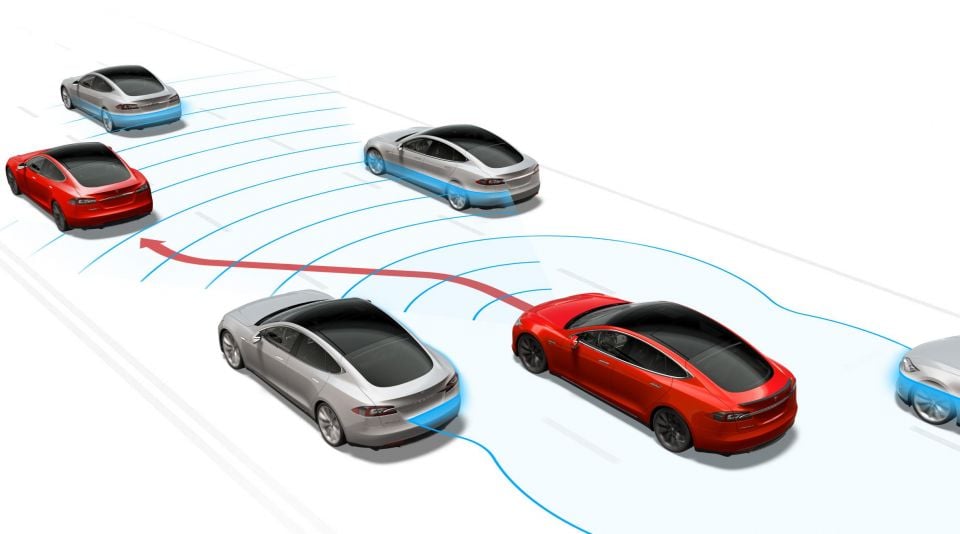
The active NHTSA probe covers 830,000 Tesla vehicles equipped with Autopilot.
It confirmed in June 2022 it was upgrading its investigation to an “engineering analysis”, identifying 16 crashes. Such a step is required before it can request a recall.
A month later, the California Department of Motor Vehicles accused Tesla of misleading customers about the capabilities of its Autopilot and Full Self-Driving systems. Tesla has filed paperwork with the agency seeking a hearing.
In the complaint to the California Office of Administrative Hearings, dated July 28, it called for Tesla’s licence to sell and make cars in the State to be suspended or revoked.
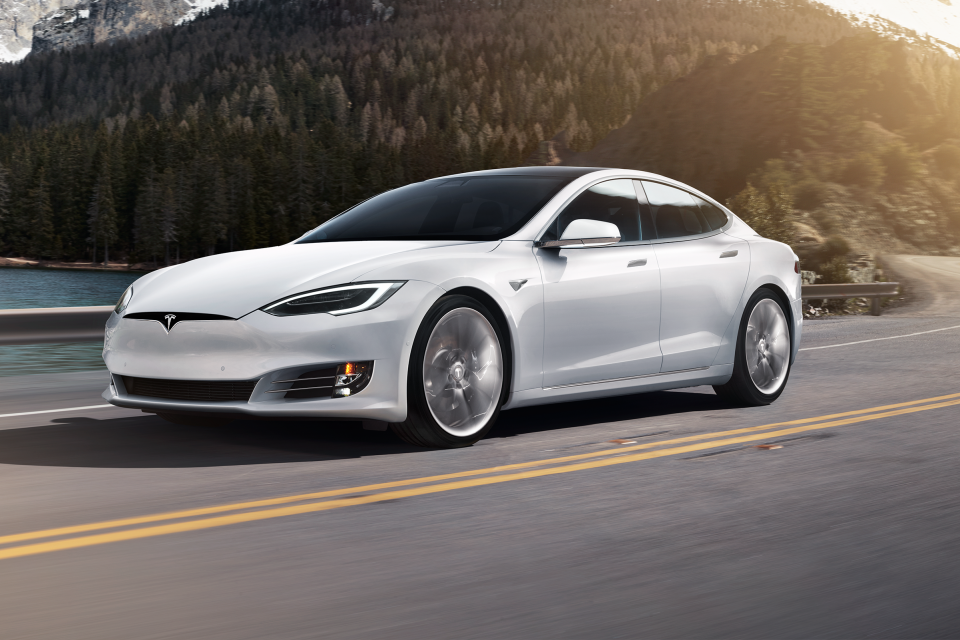
It has also called for Tesla to pay restitution to parties who have suffered financial loss or damage, and for any other “just and proper” action to be ordered.
Tesla CEO Elon Musk has been outspoken about the capabilities of his company’s driver assist technology.
In a 2016 conference call, he described Autopilot as being “probably better” than a human driver, though he’s since moved the goal posts.
Just last week, he said it will take until an update next year for the company’s driver assist technology to “be able to show to regulators that the car is safer, much more so, than the average human” and that cars with Full Self-Driving beta will “be able to take you from your home to your work, your friend’s house, to the grocery store without you touching the wheel”.
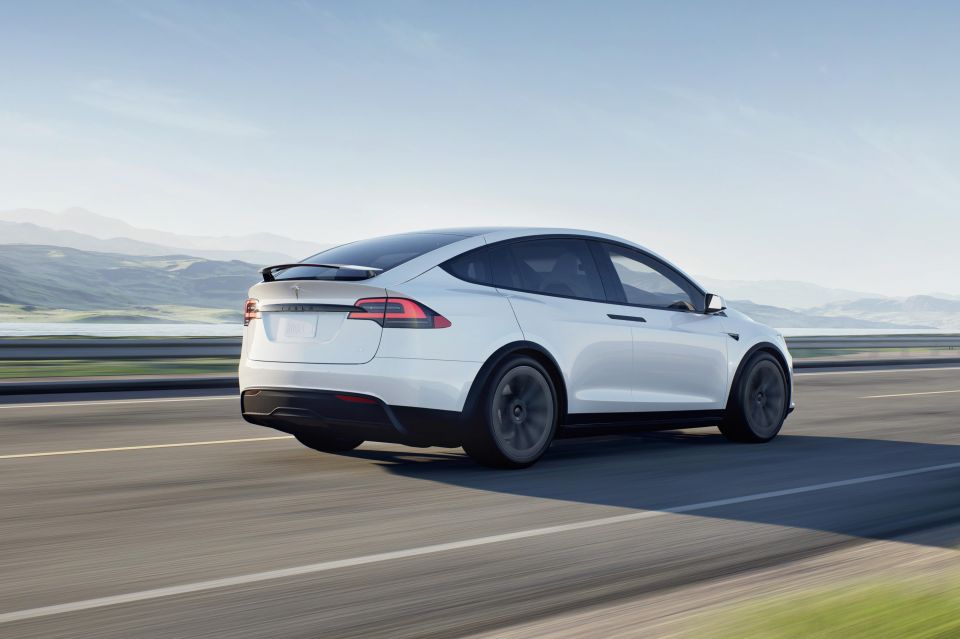
Sometimes he has made conflicting statements in the same breath. In the same earnings call last week, Mr Musk said: “Like we’re not saying that that’s quite ready to have no one behind the wheel. It’s just that you will almost never have to touch the control, vehicle controllers.”
He went on to say: “But I think we’ll be pretty close… that you’re going to have no one in the car by the end of this year. And certainly, without a question, whatever in my mind, next year.”
Setting Mr Musk’s statements aside, Tesla has been careful to publish legal disclaimers saying its technology doesn’t make the vehicle autonomous.
The Tesla website, for example, cautions before enabling Autopilot the driver first needs to agree to “keep your hands on the steering wheel at all times” and to always “maintain control and responsibility for your vehicle”.
In an interview with Automotive News in 2020, following a German court calling the Autopilot name misleading, Mr Musk blamed driver misuse for the ensuing criticism of its Autopilot feature.
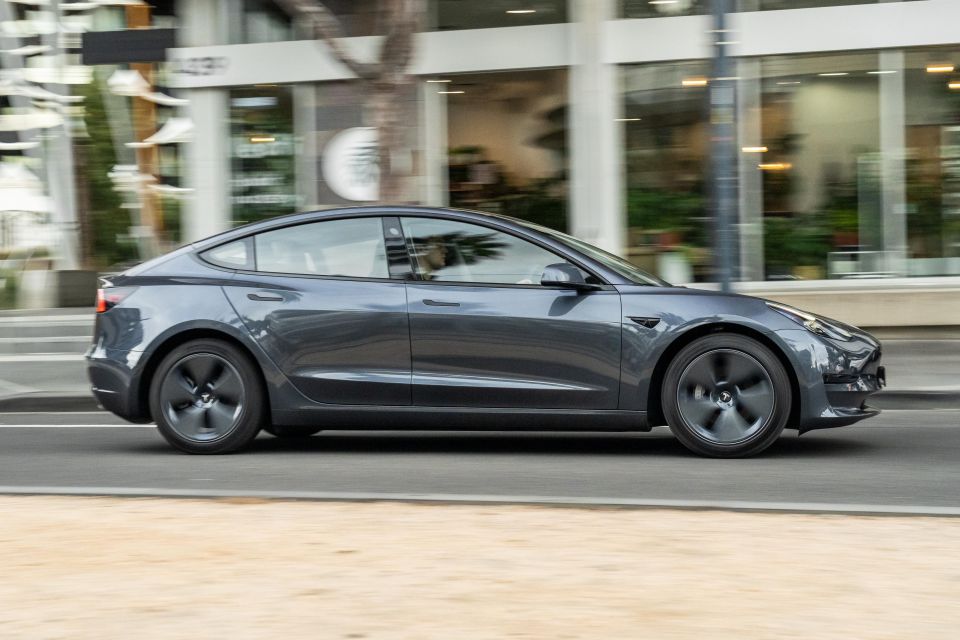
“The few people who misuse Autopilot, it’s not because they’re new to it and don’t understand it. The people who first use Autopilot are extremely paranoid about it,” he said.
“So it’s not like, ‘Oh wow, if you just had used a different name, I really would have treated it differently.’ The people that tend to — what just happened is because somebody is misusing it and using it directly contrary to how we’ve said it should be used.
“They’ve ignored the car beeping at them, flashing warnings, doing everything it can possibly do.
“It’s not like some newbie who just got the car and based on the name, thought they would instantly trust this car to drive itself. That’s the idiotic premise of being upset with the Autopilot name. Idiotic.”
He added the name comes from the aircraft technology, which is designed to maintain altitude and heading.
CarExpert helps new car buyers save thousands with expert reviews, honest advice, and transparent pricing – no dealer pressure and no sales games.
William Stopford is an automotive journalist based in Brisbane, Australia. William is a Business/Journalism graduate from the Queensland University of Technology who loves to travel, briefly lived in the US, and has a particular interest in the American car industry.


Josh Nevett
4 Days Ago
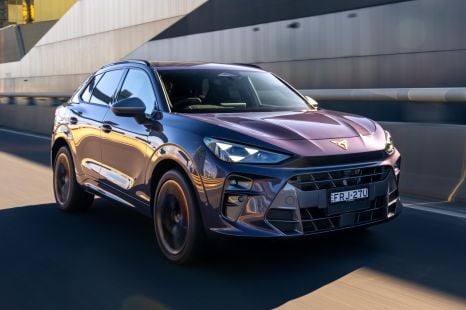

James Wong
4 Days Ago
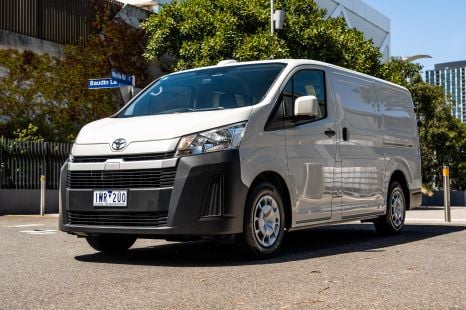

Max Davies
4 Days Ago
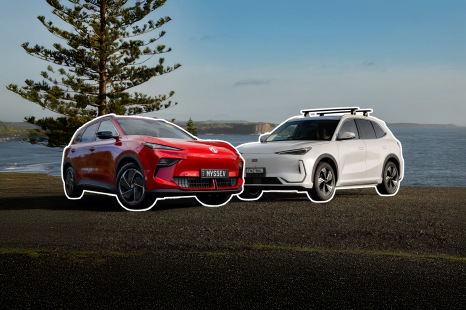

Andrew Maclean
3 Days Ago
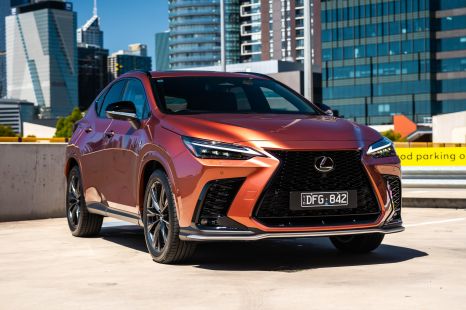

Max Davies
2 Days Ago
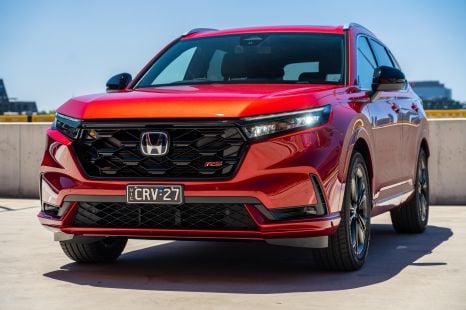

Damion Smy
7 Hours Ago